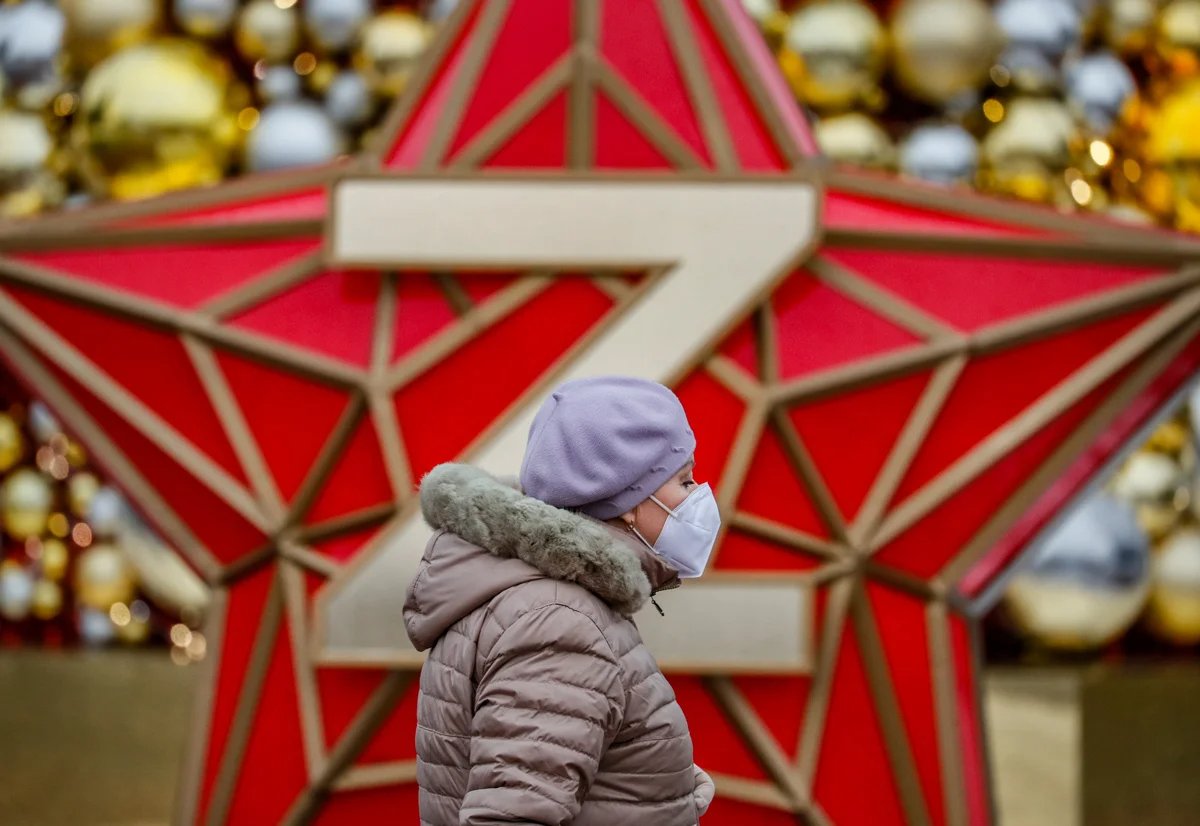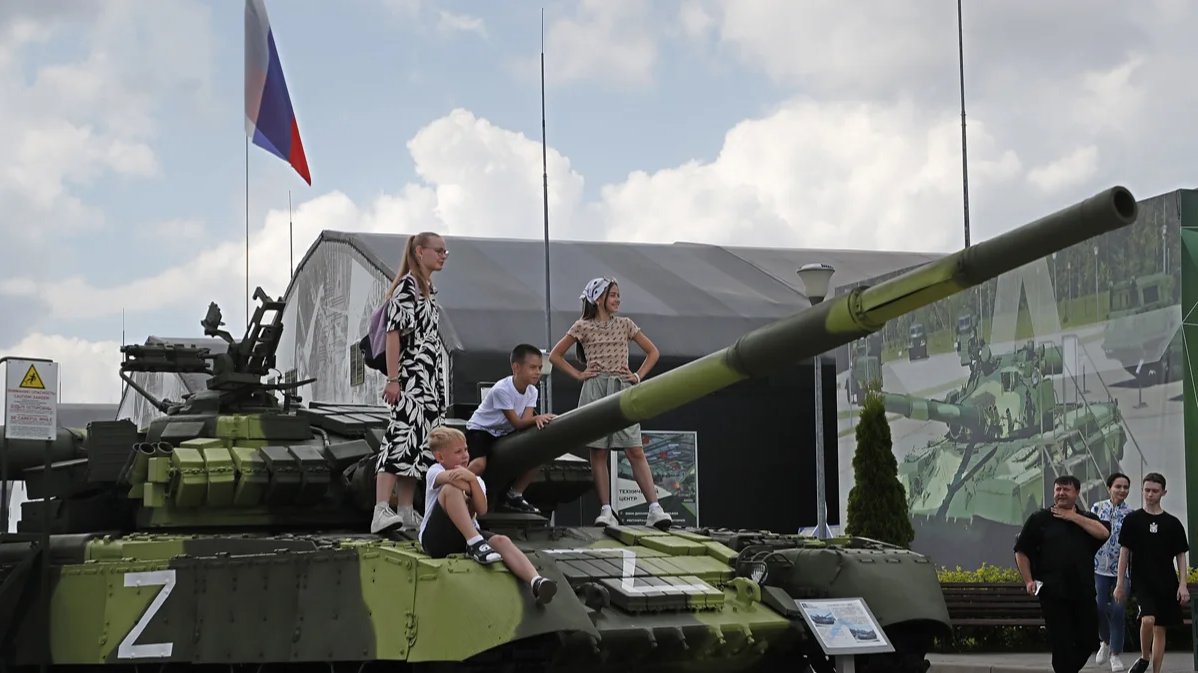Earlier this month the World Bank reclassified Russia as a high-income country, putting it in the same category as wealthy western nations, a designation Russia has previously only enjoyed for two years, between 2012 and its 2014 annexation of Crimea.
If Russia is now considered a wealthy country, it suggests that it is recovering from the sanctions and economic strains resulting from the ongoing conflict in Ukraine. But do the World Bank’s methods capture the full scope of Russia’s economic situation? Novaya Gazeta Europe discusses this question with economists.
What happened?
The World Bank classifies national economies into four income groups — low, lower-middle, upper-middle, and high, a classification that is updated annually on 1 July, based on each country’s gross national income (GNI) per capita figure from the previous calendar year.
This year, the only three countries to have made the jump from the World Bank’s upper-middle income category to its high-income one are Bulgaria, Palau, and Russia.
According to the organisation’s estimates, Russia’s GNI per capita totalled $14,250 (€13,130) in 2023, compared to $12,830 (€11,840) in 2022, an 11.2% increase.
The GNI figures are expressed in US dollars using the Atlas method, a World Bank tool that uses a three-year average exchange rate to convert a country’s GNI figure from its local currency into US dollars.
The World Bank attributed Russia’s growth to several factors, including growing military expenditure, its recovery in trade (6.8%), and its growth in financial (8.7%) and construction (6.6%) sectors. These elements contributed to increases in both real (3.6%) and nominal (10.9%) gross domestic product (GDP).
In 2024, Algeria, Iran, Mongolia, and Ukraine moved from lower-middle income to upper-middle income status. Ukraine’s promotion was primarily driven by a renewal in economic activity in 2023, with its real GDP rebounding by 5.3% following a steep decline of 28.8% in 2022, exacerbated by a continued population decline of 15% since the start of the Russian invasion. Ukraine’s GDP growth in 2023 was fueled by an increase in domestically produced goods and services, as well as significant revenue gains in the construction sector (+24.6%), and a rise in investment spending (+52.9%).
Novaya Europe previously reported that in the third year of the war, the Kremlin increased budget expenditure by 5 trillion rubles (€50 billion), representing approximately one-fifth of federal spending in the two years before the war began. Due to Russian military spending being classified, the exact additional amount of the federal budget allocated to the war effort remains undisclosed.
“The government’s injection of money into the military has, of course, significantly increased GDP growth rates,” Russian economist Roman Kulikov (not his real name) told Novaya Gazeta Europe, adding that while there were other contributing factors to the country’s growing economy, they were all “in one way or another” linked to military costs or the effect of sanctions.
The average salary in Russia was 87,740 rubles (€917) in March, according to Russian state statistics agency Rosstat, an increase of nearly 22% compared to 2023. BBC News Russian noted that this growth didn’t take into account the high level of inflation, which it said was partly responsible for the increase.
However, according to BBC economics columnist Olga Shamina, it would be misleading to use World Bank figures to suggest that the Russian population had become wealthier. Shamina cited two main issues — significant income inequality within the country, and an economic bubble created by heavy investment in the military sector.
“It’s important to understand that economic indicators don’t take many things into account,” Kulikov told Novaya Europe. “Many goods have become unavailable, tourism and the car market slumped,” he said.
Kulikov also noted that the Atlas method was introduced in 1989 to adjust for global inflation. Over time, however, income levels in some countries have grown faster than the indexed figures. As a result, the number of high-income countries in the world has increased. In the 1980s, about 25% of the world’s economies fell into the high-income category, compared with 40% today.
“Russia is now on the lower boundary of the elite club of rich countries, but within this club there is high heterogeneity,” writes economist Grigory Bazhenov, “GNI per capita in Russia is two times lower than the median value in the club, almost three times lower than the average and seven times lower than the maximum.”

A pedestrian walks by an installation with a red star depicting the letter “Z” in Moscow, 20 December 2023. Photo: Yury Kochetkov / EPA-EFE
Has Russia really recovered?
Between 2012 and 2014, Russia was classified as a high-income country. However, following the annexation of Crimea and subsequent sanctions, along with capital outflows, a falling currency and lower oil prices, it moved into the upper-middle-income group. Kulikov told Novaya Europe that it had taken the Russian economy a full decade to recover from the turbulence it experienced after 2014.
“The previous decade can be called a lost decade: what we left was what we came back to.”
“Since then, Russia has been building up the geopolitical resilience of its economy. The losses were substantial, and now we can say that Russia has simply returned to what it was. Therefore, the previous decade can be called a lost decade: what we left was what we came back to,” Kulikov added.
In his opinion, the full-scale invasion of Ukraine in February 2022 had a minimal impact on the stability of the Russian economy as Russia responded by ramping up military spending to adapt to the new situation. However, this adjustment negatively affected the real income of the population, Kulikov concluded.
The state of the Russian economy is far from satisfactory. Economist Dmitry Nekrasov told Novaya Europe that its growth has been achieved not through typical methods such as rising civilian consumption and improving the populations’ quality of life, but rather through the ravages of war.
“No one lives better from this GDP. This is ‘bad’ GDP, part of which will inevitably shrink after the war,” he predicted.
Join us in rebuilding Novaya Gazeta Europe
The Russian government has banned independent media. We were forced to leave our country in order to keep doing our job, telling our readers about what is going on Russia, Ukraine and Europe.
We will continue fighting against warfare and dictatorship. We believe that freedom of speech is the most efficient antidote against tyranny. Support us financially to help us fight for peace and freedom.
By clicking the Support button, you agree to the processing of your personal data.
To cancel a regular donation, please write to [email protected]

